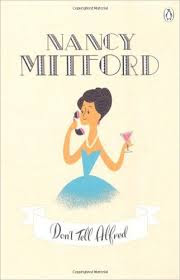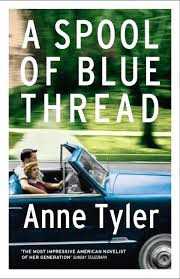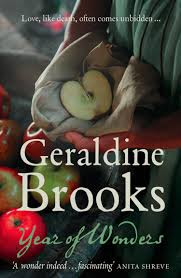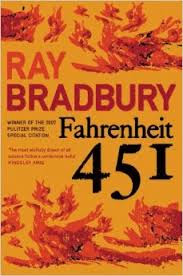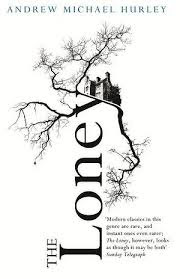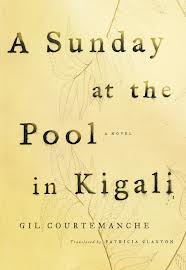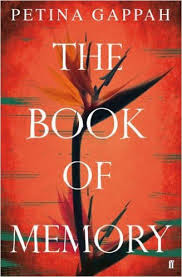
If you are Zimbabwean it is really pretty rare to read a book, or see a film, that is of your experience. I’m quite jealous really of Americans, and Indians, and Nigerians, with their Holly, and Bolly, and Nollywoods.
So I particularly enjoyed this book, which is not just a story of Zimbabwe, but a story of my Zimbabwe; it’s the the story of a girl who went to my high school, Harare’s Donimican Convent, and ended up in Chikarubi, Harare’s largest prison. Luckily I can only relate to the first part of the sentence. But if I could not relate to any of it, I would still have enjoyed the book, for it is a complex and interesting work.
Memory is an albino woman who at nine years old leaves her poor black family to live with a wealthy white man. Many years later she is falsely convicted of his murder, and ends up in jail. The book is her account of her life, in which we learn that all is not what it seems, both about her old family and her new father. More than the plot, I enjoyed the twisty, elaborate dialogue, which is specially Zimbabwean. I’ll quote at length – here’s a woman telling how she came to be in Chikarubi:
I was just coming from the shops, ndazvitengera zvangu yekera yangu, ndazvitengera drink yangu, it was the first time that I had seen Cherry Plum in ages, from the time I was a girl I have always liked it even though it makes your tongue purple, so I bought some and I was so happy, and I bought it with my own money, and I was drinking it and laughing with my friend Shupi who lives in Jerusalem when this woman called Rosewinter who lives in Canaan walked past us, and I know her because she tried to take my boyfriend, he used to live close by Shupi in Jerusalem, in fact that is how we met until his landlord kicked him out for not paying rent on time, but I can’t really say that he was my proper boyfriend as such because he was married even though his wife lived at their village. So as she passed us she was talking and I heard her say to her friend, ndiye uya anoroya, and I said what did you say, and she said, ehe, I said you are a witch who eats people, what are you going to do about it, you witch? And I said, what, what do you mean I am a witch, and I said to myself, no, I cannot allow this, how can I allow this Rosewinter person, mumwewo mukadzi zvake akabarwa seni, to call me a witch while I just stand here drinking Cherry Plum like nothing is happening, and she said again, you are a witch, and then I took my bottle even though it still had some drink in it and I took it and I hit her with it and she screamed maiwe, the witch is killing me, and that made me even angrier so I hit her again and the bottle broke on her head; you have never seen anything like it because the bottle broke and there was this blood now mixed with the Cherry Plum and I turned to Shupi for help but she and the other woman’s friend were busy fighting, but when the police came, they both of them managed to run away even though Shupi left her new wig behind, it was a boy-cut style, which was a pity because kanga kakmufita zvisingaiti kawig kacho, and this woman was now shouting my head, my head, my head, kani my head, like I had killed her.
Now I’m homesick.

